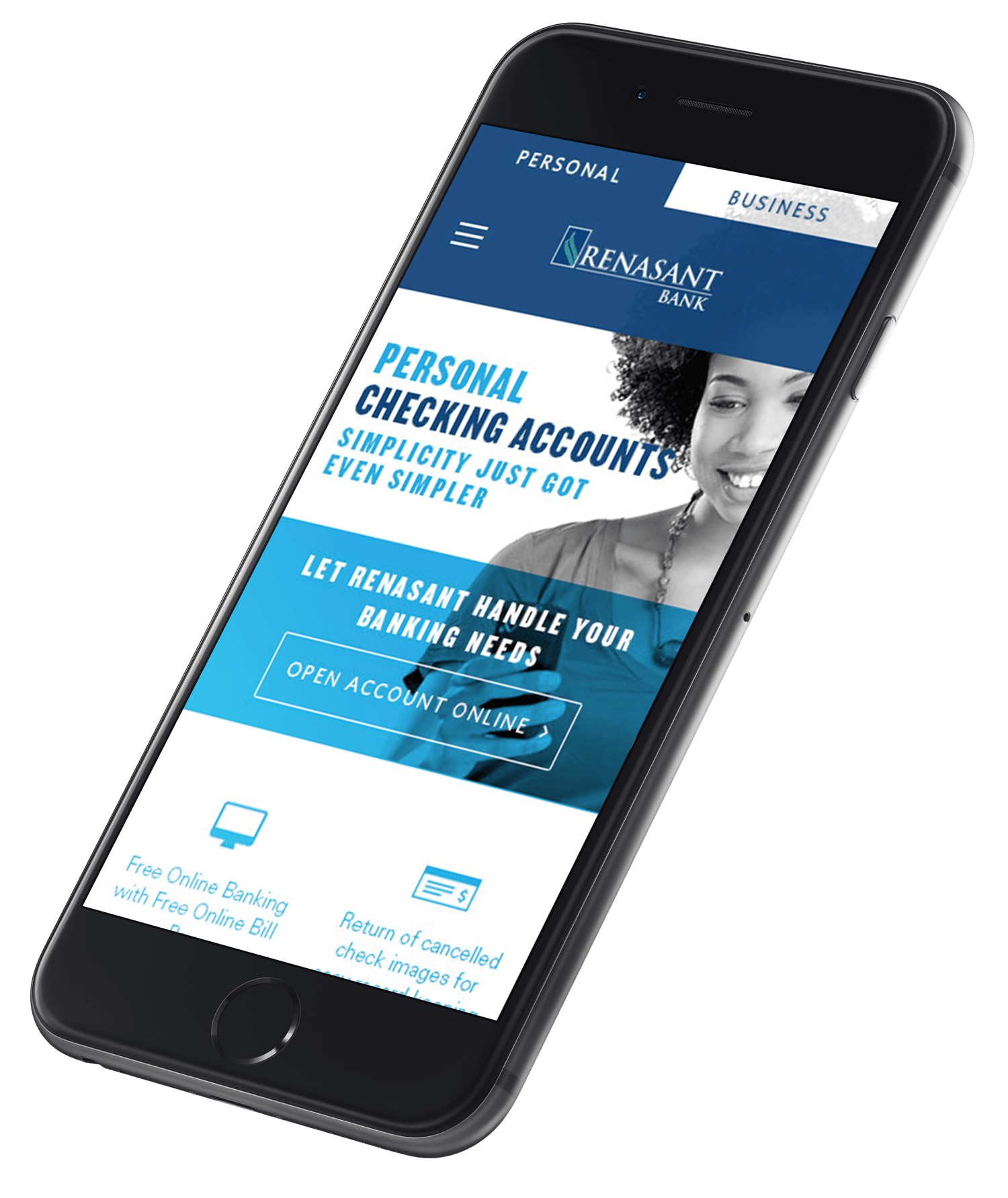Netflix had a lot of success with its original content this year, and the most successful of those shows was the first season of newest cult classic, Stranger Things.
The show pulled 14.07 million viewers in its first 35 days. Some of you might be wondering why you haven’t heard about the show, seeing as how shows with that many viewers typically have giant marketing campaigns.
Stranger Things had almost no traditional marketing campaign, aside from receiving top billing on the Netflix home page for a short time.
Netflix did something almost no production company of its size does.
Netflix made a really great television show, and then put it at or near the top of its website.
That’s about all.
The key to this deceptively simple marketing strategy wasn’t so much where Netflix placed the series on its site, but that it made a really great television show.
I know this is complex, so I’ll say it one more time—Netflix made sure Stranger Things was a remarkable show.
Netflix didn’t buy a bunch of ads or run promos on cable—it made a remarkable product.
So what happened when one person saw that remarkable show?
That person remarked.
If that single viewer told five people, who watched the show and then told five more people each day, and so on and so forth, the entire population of Earth would know in a little more than10 days.
Netflix made something remarkable and trusted its viewers would remark if they too thought the show was remarkable.
You’ve heard me say it before, and you’ll hear me say it again: “Word of mouth isn’t the best form of advertising, it is advertising.”
It’s the oldest marketing strategy in the book.
The best campaigns have a two-part goal: to get people to talk, and then to tell them what to say.
One of my favorite clients was sitting at my conference table last week as we ironed out the company’s brand tone. Scribbled-on paper littered the table with the business’s technical details.
The white board held distant memories of the meeting’s first hour.
“What do your customers get from you?” I asked, frustrated with myself and the mental wall I had hit.
“They get a better organizational structure for their business.”
I interrupted, “That’s what you do. That’s technical. What do they get?”
“I had a guy walk out the door last week with $1 million in his hand, pumping his fist and thanking me.”
“That’s the feeling I want to capture.”
Wow. That is a feeling.
This story was remarkable, but for some reason, we were spending our time trying to tell a much less compelling story.
That $1 million was tied up in a ton of issues, surrounded with technical jargon and drawing little to no interest. It was one of those problems in marketing where the truth obscures a better truth—where the trees obscure the forest.
In this case, there was $1 million hiding—almost as if it were lost in the couch cushions. The story just had to be found, and when it was uncovered, it was certainly remarkable.
My client’s client went home and told all of his friends of his success, and bragged on my client in the process.
He shared because my client did a remarkable job—a job worth remarking on.
Remarkable is one of those words like love or awesome. We overuse it, and it’s lost a bit of its original meaning.
To remark is to comment on an observation, usually in public or to another person.
I always tell my clients, “If you want a remarkable business, do something worthy of making a remark.”
Having a remarkable business is the first step in marketing.
“But Josh,” you may be saying. “Netflix had a department of researchers to tell the company its current subscriber base most remarks about their nostalgia for 1980s coming-of-age capers with a sci-fi tilt. How do I find out what my customers find remarkable?”
It’s pretty easy to find out what your customers find remarkable—simply scroll through their Instagram feed or visit their Facebook walls.
Or do it the old-school, analog way: just listen to them.
The things your customers find remarkable are the things about which they are already remarking.
If your customers aren’t talking about your business, it’s probably not remarkable.




